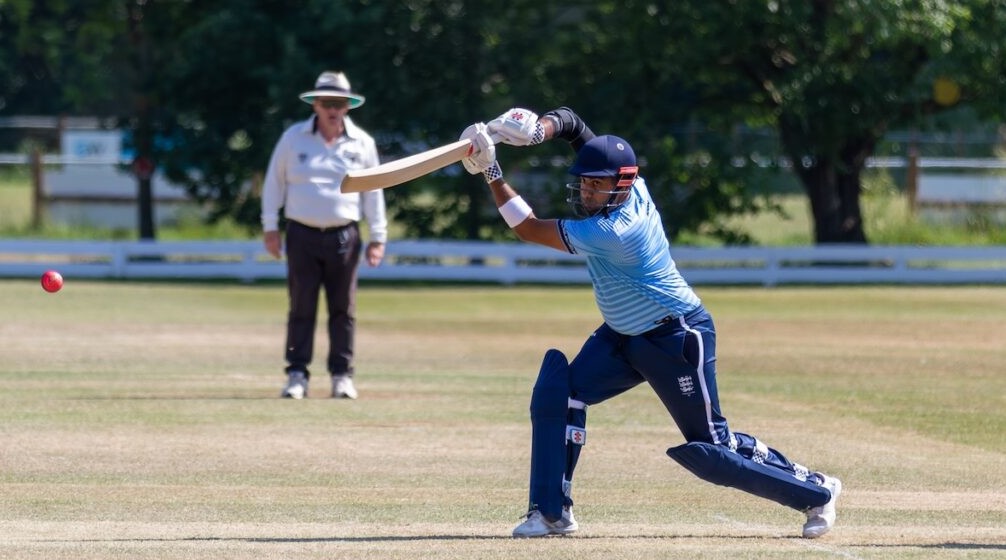Pakistani Cricketers Struggle with English Proficiency: In the world of cricket, communication is key. It affects everything from team dynamics to media interactions and fan engagement. While many cricketers across the globe communicate fluently in English, a significant number of Pakistani cricketers face challenges in this area. Understanding the factors behind this linguistic barrier can shed light on the broader implications for the sport in Pakistan.
Pakistani Cricketers Struggle with English Proficiency
Historical Context
To understand the linguistic landscape of Pakistani cricketers, it’s essential to consider the country’s historical and educational context. English, a remnant of colonial rule, is often viewed as a second language in Pakistan. While it is taught in schools, the level of proficiency varies significantly based on the region, socioeconomic background, and the type of education system one has been exposed to.
In urban centres like Karachi and Lahore, where elite schools may offer robust English programs, many students emerge fluent. However, in rural areas or in schools that focus primarily on Urdu or regional languages, English instruction may be minimal or ineffective. As a result, young cricketers from different backgrounds enter the national team with varying levels of language skills.
Educational System Limitations
The quality of education in Pakistan presents another challenge. Despite ongoing reforms, many schools lack resources, qualified teachers, and a curriculum that emphasizes English. In sports-centric academies, where many cricketers hone their skills, the focus is predominantly on cricket rather than academic development. This environment prioritizes physical training over linguistic ability, leading to a workforce of talented athletes who may not be equipped to articulate their thoughts in English.
The Role of Media
The media plays a crucial role in shaping public perception and interaction with sports figures. English is the primary language of sports journalism, particularly in international contexts. This reliance can put additional pressure on players who are not confident in their English skills. When cricketers are unable to express themselves effectively in interviews or press conferences, they may be perceived as less articulate or knowledgeable, regardless of their cricketing abilities.
Moreover, the sensational nature of media coverage often leaves little room for nuance. Players who struggle with English may find themselves misquoted or misunderstood, further complicating their public image. This creates a cycle where the inability to communicate effectively in English can affect a player’s career trajectory and reputation.
Cultural Factors
Culturally, there can be a stigma associated with speaking English, especially among those who see it as a marker of social class or education. In a society where Urdu and regional languages hold significant cultural value, some players may feel more comfortable expressing themselves in their mother tongues. This preference can lead to reluctance in practising English, as they may perceive it as an imposition of Western norms rather than a necessary skill.
Coaching and Support

Another important factor is the coaching staff that players are exposed to during their formative years. Many coaches and trainers in Pakistan are primarily Urdu speakers, which limits the opportunities for players to practise English in a supportive environment. While some academies have made strides in incorporating English language training, these initiatives are not universally applied across the country.
The presence of bilingual coaches who can bridge the gap between cricket training and language acquisition can significantly enhance a player’s confidence in using English. Unfortunately, this is not always the case, leaving many players without the necessary support to develop their language skills alongside their cricketing prowess.
Impact of Globalization
The increasing globalisation of cricket has made it essential for players to engage with international audiences. Events like the Indian Premier League (IPL) and global tournaments require players to not only perform on the field but also interact with fans, sponsors, and the media in English. This pressure can be daunting for those who are not confident in their linguistic abilities.
Despite this, many players are making efforts to improve their English skills, recognizing the importance of communication in today’s cricketing landscape. Workshops, online courses, and media training sessions are becoming more common, helping players gain the confidence to express themselves more fluently in English.
Success Stories
There are numerous examples of Pakistani cricketers who have successfully navigated these challenges. Players like Shoaib Akhtar, Misbah-ul-Haq, and Babar Azam have worked diligently to improve their English communication skills. Their efforts not only enhance their public personas but also set a precedent for younger players to follow. By sharing their experiences and emphasising the importance of language proficiency, they can inspire a new generation of cricketers to invest in their linguistic development.
While the struggle with English proficiency among Pakistani cricketers is a multifaceted issue rooted in historical, educational, cultural, and media-related factors, there is a growing awareness of its importance. As the cricketing world continues to evolve, the ability to communicate effectively in English will become increasingly crucial for players’ success both on and off the field. By fostering a supportive environment that prioritises language development alongside cricket training, Pakistan can empower its players to break through linguistic barriers and shine on the global stage. Through continued efforts, both from the players themselves and the institutions that support them, the narrative surrounding Pakistani cricketers and English proficiency can shift from struggle to success.
Also Read: Dressing the Part: What Female Cricketers Wear on the Field
Welcome to E2Bet, here for you to enjoy playing fun and exciting games:
